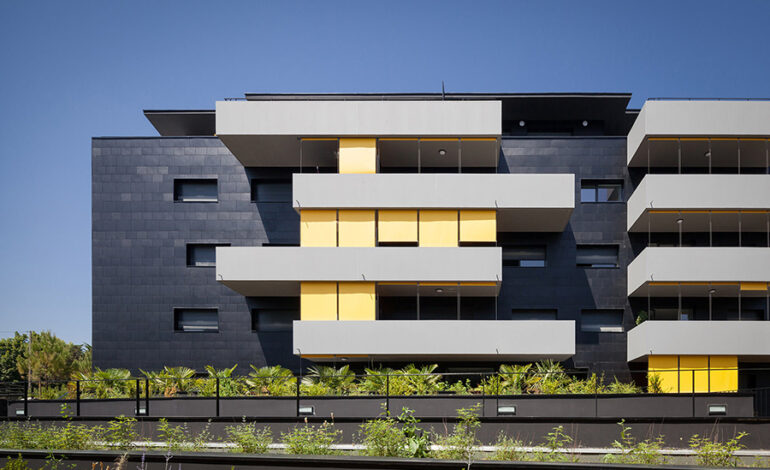Unveiling the Renewable Revolution: The Bulb Energy Story

Introduction
Bulb Energy, a London-based renewable energy startup, has swiftly risen as an award-winning player in the industry. Our encounter with Bulb in 2017, spurred by a friend’s enthusiastic recommendation, led us to make a significant switch from a traditional ‘Big 6’ energy provider in the UK. Little did we anticipate that within a year, we would be interviewing Hayden Wood, the Co-founder and CEO of Bulb, gaining insights into the company’s journey and vision.
1. Identifying a Gap in the Market
A Visionary Shift Towards Renewable Energy
Founded by Hayden Wood and Amit Gudka, Bulb emerged from a strategic perspective honed in management consulting. Recognizing the prevalent issues of poor customer service and inflated energy costs in the UK market, they envisioned a solution. The duo saw an opportunity not only to address these consumer grievances but also to drive the adoption of renewable energy.
Since its inception just over three years ago, Bulb has rapidly expanded its customer base to over 320,000, a testament to its successful approach.
2. Understanding the Energy Value Chain
Plugging in Renewable Energy
Hayden Wood elucidates the energy industry’s value chain, outlining four key stages:
- Generation: Energy is produced through various methods, such as burning fossil fuels or harnessing wind power.
- Wholesale: Energy generators sell electricity to wholesalers.
- Retail: Wholesalers distribute energy to retailers, including major players like the ‘Big 6’ and independent providers like Bulb.
- Distribution and Transmission: Energy and gas grids transport energy to end-users.
Renewable energy integrates into the value chain during the generation stage, contributing to a cleaner and sustainable energy mix. From a consumer standpoint, the choice to opt into renewable energy usually arises during the retailing stage.
3. The Evolution of Energy in the UK
From Fossil Fuels to Renewable Triumph
Historically, the UK heavily relied on burning fossil fuels for electricity. However, recent investments in renewable energy infrastructure have shifted the trajectory. In 2017, the UK achieved its greenest year ever, with 50% of electricity sourced from low-carbon options. The share of energy from fossil fuels decreased from 80% in 2010 to 50% today.
Despite this progress, only about 4% of UK homes actively choose renewable energy. The perception that renewable energy is a luxury for the privileged few persists, rooted in its historical higher cost.
4. The Changing Dynamics: Cost Wars and Consumer Perceptions
Renewables vs. Fossil Fuels
The narrative around renewable energy’s exclusivity due to cost has been debunked. The cost of renewable energy has significantly decreased, creating an opportunity for independent providers like Bulb to offer substantial savings compared to the ‘Big 6.’ Experience curve effects, increased competition, and investments in renewable projects contribute to this cost reduction.
Consumer misconceptions about the adequacy of renewable energy to meet demands are also addressed. Hayden emphasizes that a balanced mix of renewable technologies and advancements in energy storage technology, like Tesla’s batteries, ensure a reliable energy supply.
5. Bulb Energy: A Pioneer in Sustainability
More Than Just Renewable Electricity
Bulb stands out not only for providing 100% renewable electricity but also for its commitment to transparency. Regular reports like the ‘Energy Price Watch Report’ detail price movements for customers. The company introduces its generators, sharing unique stories about each, fostering a sense of connection.
As a certified B Corp, Bulb operates with a holistic approach, considering the impact on four key stakeholders:
- Customers: Renowned for excellent customer service and cost-effectiveness.
- Team: Attracts talent through mission-driven work and progressive policies.
- Environment and Community: Prioritizes sustainability, serving both the community and the environment.
- Shareholders: Balances profitability with equal consideration for other stakeholders.
6. Embracing the Future with Bulb
Revolutionizing Energy Usage and Carbon Emissions
Our experience with Bulb has been exceptional, and objectively, the company fulfills crucial criteria – cost-effectiveness, superior customer service, and a progressive operating approach. In 2018, Bulb aims to revolutionize the industry further by investing in prepayment and smart meters, enhancing accuracy in readings and empowering consumers to reduce energy usage and carbon emissions.
As the renewable energy revolution gains momentum, Bulb stands at the forefront, exemplifying the positive impact a sustainable energy provider can have on the environment, communities, and consumers alike.









